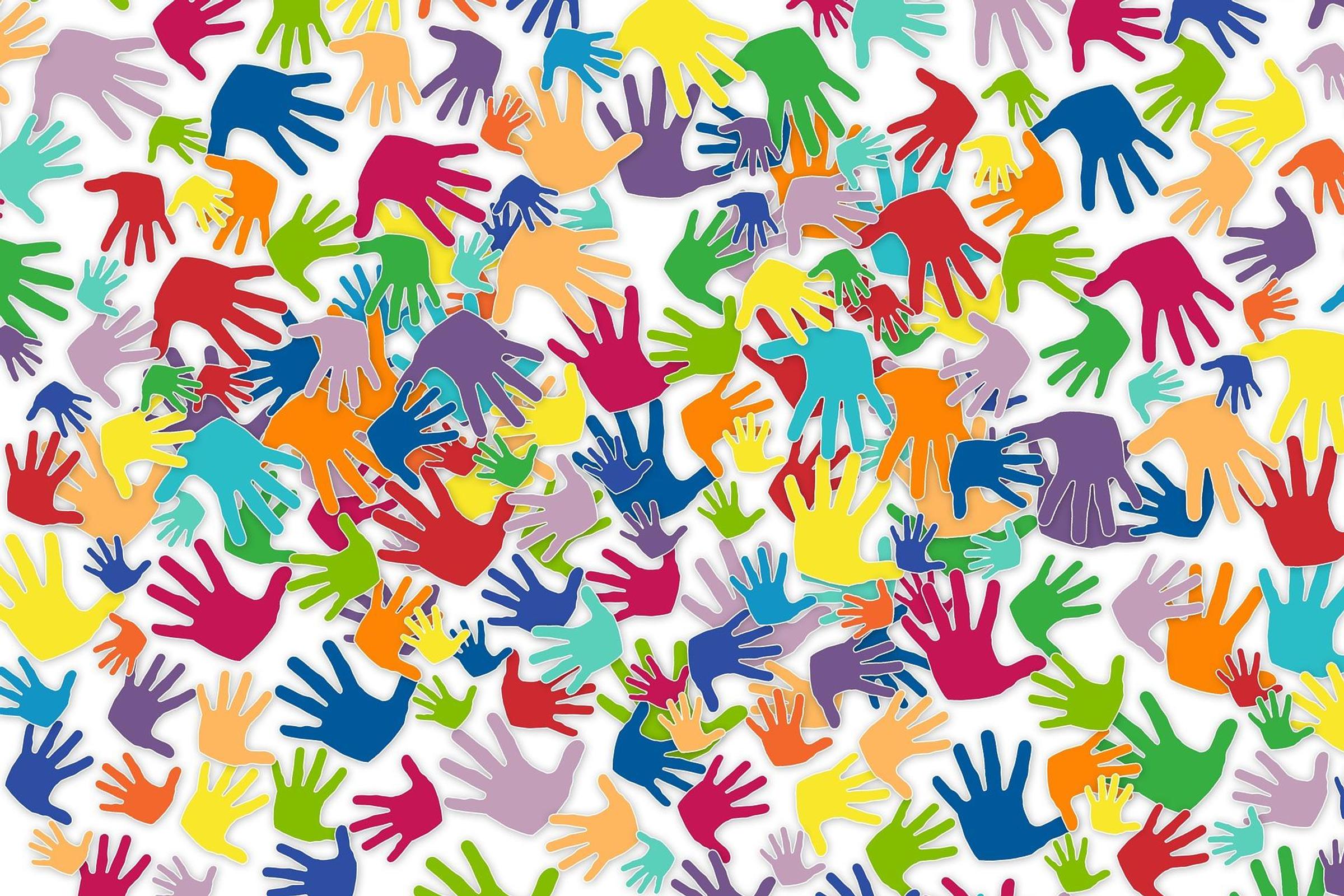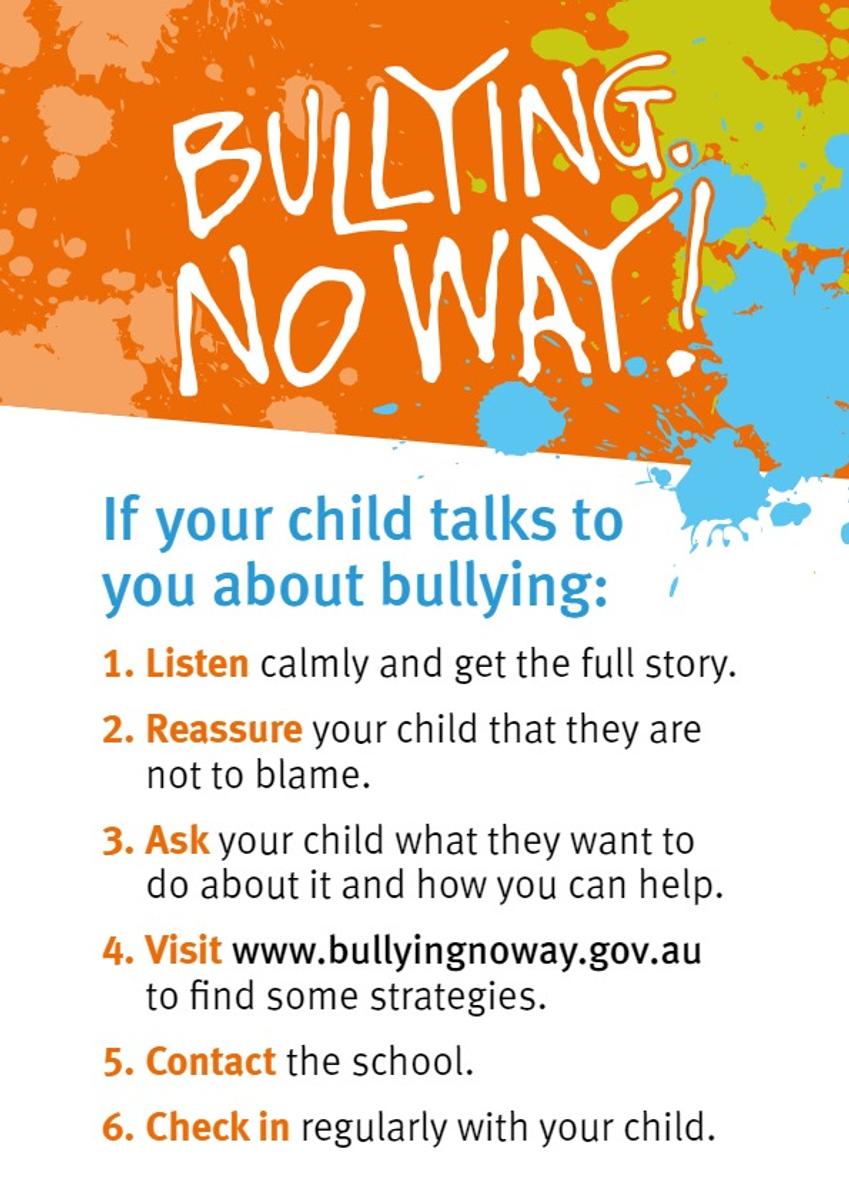Student Wellbeing

Harmony Week
This week, 15th - 21st March is Harmony Week. Harmony Week gives us an opportunity to celebrate the wonderful diversity that exists in our communities and will be a happy deflection away from what our world is experiencing currently.
What is Harmony Week? Harmony Week is a time to celebrate Australian multiculturalism, and the successful integration of migrants into our community. Australia is one of the most successful multicultural countries in the world and we should celebrate this and work to maintain it. The message of Harmony Week is everyone belongs. It is about inclusiveness, respect and belonging for all Australians, regardless of cultural or linguistic background, united by a set of core Australian values. Schools have always been Harmony Week’s greatest supporters. These celebrations create opportunities for all of us to think, talk about and recognise how our differences make Australia a great place to live.
Did you know?
Nearly half (49 per cent) of Australians were born overseas or have at least one parent who was.
We identify with over 300 ancestries.
Since 1945, more than 7.5 million people have migrated to Australia.
85 per cent of Australians agree multiculturalism has been good for Australia.
Apart from English, the most common languages spoken in Australia are Mandarin, Arabic, Cantonese, Vietnamese, Italian, Greek, Tagalog/Filipino, Hindi, Spanish and Punjabi.
More than 70 Indigenous languages are spoken in Australia.
Students in their levels over the next two weeks will be participating in activities to celebrate Harmony Week.
National Day of Action Against Bullying
Friday 20th March is also the National Day of Action Against Bullying. This day is a reminder that we need to treat each other with love and respect and that bullying in our school and anywhere else for that matter will not be tolerated.
At St Raphael's we aim to create a safe and supportive school community for everyone.
You are an important part of our work to prevent bullying and to respond effectively if it happens. Stopping bullying involves everyone.
We are sending you a pocket card from Bullying. No Way! with tips on what to do if your child talks to you about bullying. Parents know their children best and know the best way to tailor communication to their needs. Adapt these tips to what works for you and your child.


